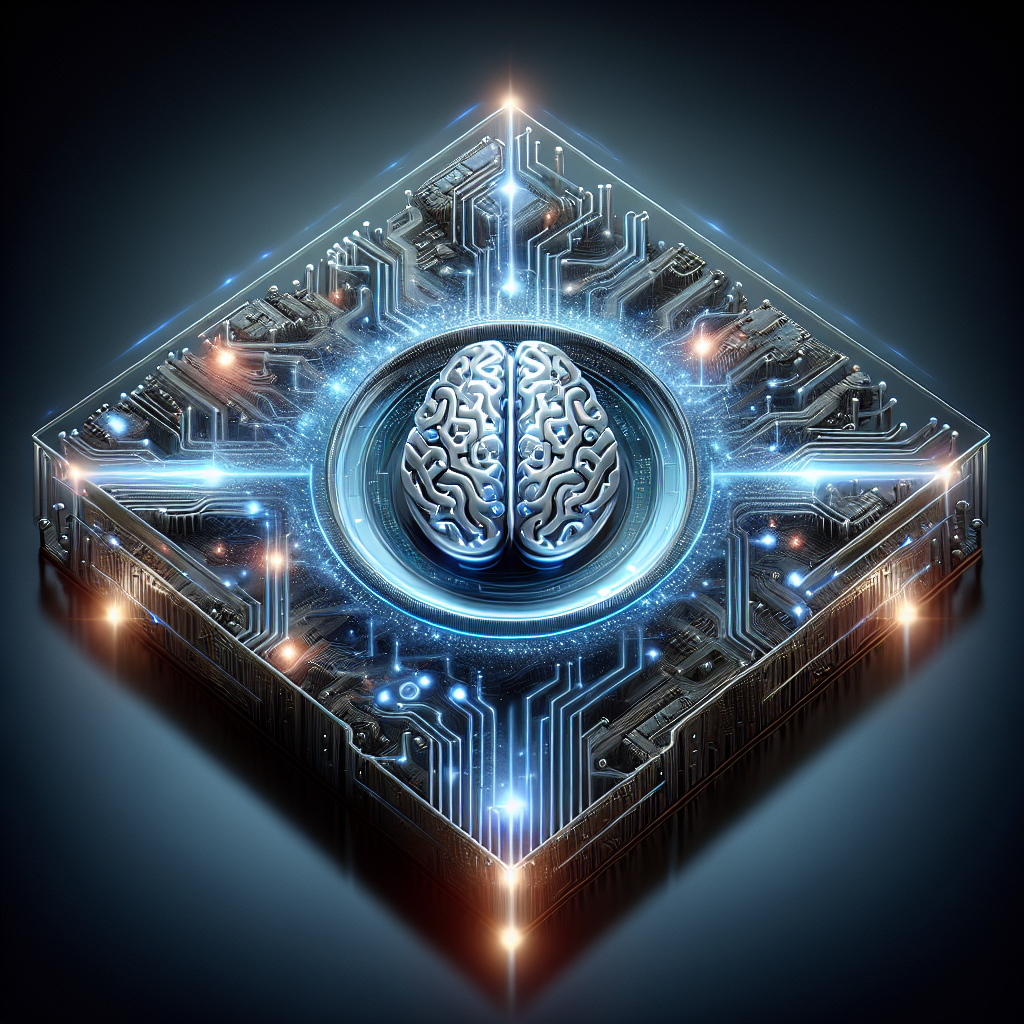Artificial General Intelligence (AGI) is a term that has been gaining increased attention in recent years. While most people are familiar with Artificial Intelligence (AI), which refers to machines that are capable of performing tasks that typically require human intelligence, AGI takes this concept a step further by aiming to create machines that can think and learn like humans.
In this article, we will delve into the potential of AGI, exploring what it is, how it works, and the implications it could have on society. We will also address some frequently asked questions about AGI to provide a comprehensive understanding of this emerging technology.
What is Artificial General Intelligence?
Artificial General Intelligence, also known as Strong AI or True AI, refers to machines that possess the ability to understand, learn, and apply knowledge across a broad range of tasks. Unlike narrow AI, which is designed to perform specific tasks, AGI aims to replicate human-like intelligence and reasoning capabilities.
The ultimate goal of AGI is to create machines that can think and learn autonomously, without the need for human intervention. This would enable them to adapt to new situations, solve complex problems, and even exhibit creativity and emotional intelligence.
How does AGI work?
AGI relies on a combination of machine learning algorithms, neural networks, and cognitive architectures to simulate human-like intelligence. These systems are trained on vast amounts of data to develop the ability to understand and analyze information, make decisions, and solve problems.
One key aspect of AGI is its ability to generalize knowledge and apply it in new contexts. This is achieved through techniques such as transfer learning, where the model leverages previously acquired knowledge to solve new tasks. By continuously learning from experience, AGI can improve its performance over time and become more proficient at a wide range of tasks.
What are the potential applications of AGI?
The potential applications of AGI are vast and varied, with implications across numerous industries and sectors. Some of the key areas where AGI could have a significant impact include:
1. Healthcare: AGI could revolutionize the healthcare industry by enabling more accurate diagnosis and treatment of diseases, personalized medicine, and predictive analytics for patient care.
2. Finance: AGI could enhance financial decision-making by analyzing market trends, predicting stock prices, and optimizing investment strategies.
3. Education: AGI could transform the way students learn by providing personalized tutoring, adaptive learning algorithms, and interactive educational content.
4. Manufacturing: AGI could streamline production processes, optimize supply chains, and improve quality control in manufacturing operations.
5. Transportation: AGI could enable autonomous vehicles to navigate safely and efficiently, reducing accidents and traffic congestion on roads.
What are the ethical implications of AGI?
As with any advanced technology, AGI raises important ethical considerations that must be addressed to ensure its responsible development and deployment. Some of the key ethical challenges associated with AGI include:
1. Bias and discrimination: AGI systems may inherit biases from the data they are trained on, leading to discriminatory outcomes in decision-making processes.
2. Privacy and security: AGI systems could pose a threat to individual privacy and data security if not properly safeguarded against malicious actors.
3. Accountability and transparency: AGI systems may operate in ways that are difficult to explain or understand, raising questions about who is responsible for their actions and decisions.
4. Job displacement: The widespread adoption of AGI could lead to job displacement and economic disruption, requiring new policies and strategies to address these challenges.
Frequently Asked Questions about AGI
1. What is the difference between AGI and AI?
AGI refers to machines that possess human-like intelligence and reasoning capabilities, while AI typically refers to machines that are designed to perform specific tasks. AGI aims to replicate general intelligence, while AI focuses on specialized tasks.
2. When will AGI be achieved?
The timeline for achieving AGI is uncertain, with experts offering varying predictions on when it could become a reality. Some believe that AGI could be achieved within the next few decades, while others argue that it may take much longer to develop.
3. What are the risks of AGI?
AGI poses several risks, including the potential for misuse, unintended consequences, and ethical dilemmas. It is important to address these risks proactively to ensure the responsible development and deployment of AGI.
4. How can we ensure the ethical development of AGI?
To ensure the ethical development of AGI, it is crucial to prioritize transparency, accountability, and fairness in the design and implementation of these systems. Stakeholders from diverse backgrounds should be involved in the decision-making process to address ethical considerations effectively.
In conclusion, Artificial General Intelligence has the potential to revolutionize the way we live, work, and interact with technology. By understanding the capabilities and implications of AGI, we can prepare for a future where machines possess human-like intelligence and contribute to society in meaningful ways. It is essential to address the ethical challenges associated with AGI and ensure its responsible development to maximize its benefits for humanity.

